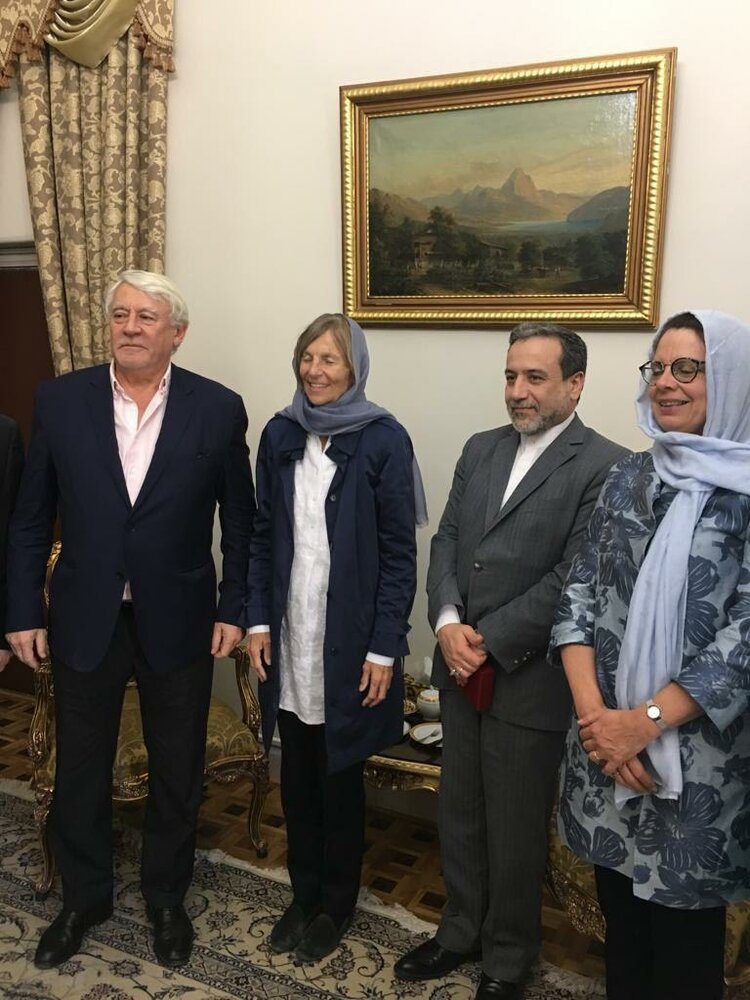U.S. economic war threatens regional security: Iranian official

TEHRAN – The United States’ economic war on Iran is threatening peace and security in the whole Middle East region, Iran’s deputy foreign minister has said.
Abbas Araqchi made the remarks in a meeting with a visiting French delegation led by Chair of the Foreign Affairs Committee of the French National Assembly Marielle de Sarnez in Tehran on Saturday.
He said the U.S. economic war has “created tension in the region.”
Pointing to the 2015 nuclear deal between Iran and world powers which U.S. President Donald Trump unilaterally quit in 2018, Araqchi said, “The JCPOA is the only successful diplomatic experience to solve disputes through negotiations in the hectic West Asia region.”
“By quitting the deal, America has challenged diplomacy and multilateralism, putting this experience on the verge of collapse.”
De Sarnez, for her part, hailed the JCPOA as a diplomatic achievement and stressed the need to preserve it.
She also underlined Iran’s role as a cornerstone to regional issues and highlighted the importance of talks with Tehran to deal with international issues.
De Sarnez on the same day met with Iranian Parliament Speaker Ali Larijani.
During that meeting, Larijani criticized France for its inaction to preserve the nuclear deal, saying a European-proposed financial mechanism meant to protect trade ties with Iran against the U.S. sanctions is still “on paper”.
“Despite the multiple negotiations that were held, the French president’s promise to Iran’s president to save the JCPOA was not fulfilled,” Larijani said.
“In fact, it should be said that the INSTEX mechanism has remained on the paper,” he said, referring to the Instrument in Support of Trade Exchanges which the UK, France and Germany -- the three European signatories of the JCPOA -- unveiled in January to protect trade with Iran from harsh U.S. economic sanctions.
Larijani also said Paris can play a role in the region.
The French lawmaker, for her part, highlighted the importance of parliamentary ties between Iran and France, saying the lawmakers of the two nations can play a significant role in tough times.
Expressing Europe’s support for the nuclear deal, de Sarnez said her country is determined to achieve the objective of saving the JCPOA.
After leaving the JCPOA in May 2018, Trump reimposed what he called “toughest ever” sanctions on Tehran.
The European trio claimed upon unveiling the long-awaited special trade vehicle that they would try to keep the nuclear deal alive.
Tehran, however, has made it clear ever since that it is already considering several trade agreements with its neighbors and close allies as alternatives to the European mechanism.
SP/PA
